Attention Deficit Hyperactivity Disorder (ADHD) is a neurodevelopmental condition that impacts millions of individuals worldwide. Often misunderstood and stigmatized, ADHD is characterized by a complex interplay of inattention, hyperactivity, and impulsivity that can significantly affect daily life. This article delves into the lived experience of ADHD, exploring what it feels like for those who have it and providing guidance on recognizing the signs and seeking support.
The ADHD Mind: A Constant Symphony For individuals with ADHD, the mind can feel like a perpetual symphony of thoughts, ideas, and impulses. Inattention manifests as a struggle to focus on tasks, particularly those that are mundane or uninteresting. The mind may wander, jumping from one thought to another, making it challenging to stay present and engaged. This can lead to difficulties in academic, professional, and personal settings, as well as feelings of frustration and self-doubt. Mindfulness and meditation practices can be powerful tools for managing these experiences, helping individuals develop greater self-awareness and emotional regulation.
The Restless Body:
Hyperactivity and Impulsivity ADHD is not just a mental experience; it is also deeply embodied. Hyperactivity can present as a constant need for movement, fidgeting, or talking excessively. Sitting still can feel almost impossible, as the body craves stimulation and release. Impulsivity, another hallmark of ADHD, can lead to hasty decisions, interrupting others, or engaging in risky behaviors without considering the consequences. Brainspotting, a cutting-edge therapy that uses eye position and bilateral stimulation, can help individuals process the underlying emotional and physiological experiences driving these behaviors.
Emotional Intensity:
The Highs and Lows of ADHD Emotions can feel heightened and raw for those with ADHD. Rejection sensitive dysphoria, a common co-occurring condition, can make even minor criticism or perceived slights feel devastating. On the flip side, moments of success or excitement can be incredibly euphoric, leading to a rollercoaster of emotional experiences. Managing these intense feelings can be a significant challenge, impacting relationships and self-esteem. Emotional Transformation Therapy (ETT) offers a promising approach for regulating emotions by using precise visual brain stimulation and color wavelengths to access and transform emotional distress.
The Gifts of ADHD:
Creativity, Passion, and Resilience While ADHD presents numerous challenges, it is essential to recognize the unique strengths and gifts that often accompany the condition. Many individuals with ADHD are incredibly creative, able to think outside the box and generate innovative ideas. They may also have a deep capacity for passion and enthusiasm, pouring their hearts into projects and interests that captivate them. Additionally, the resilience developed from navigating the challenges of ADHD can foster adaptability, empathy, and a tenacious spirit. Parts-based therapies like Internal Family Systems (IFS) can help individuals recognize and integrate these diverse parts of themselves, fostering greater self-compassion and wholeness.
Recognizing the Signs: When to Seek Help If you or a loved one consistently experience difficulties with attention, hyperactivity, and impulsivity that interfere with daily functioning, it may be worth exploring an ADHD diagnosis. Other signs include:
- Trouble organizing tasks and managing time
- Forgetfulness and losing important items frequently
- Avoiding or delaying tasks requiring sustained focus
- Fidgeting, squirming, or feelings of restlessness
- Interrupting others or blurting out answers impulsively
- Difficulty regulating emotions and coping with stress
It is important to note that everyone experiences these challenges to some degree, and an ADHD diagnosis requires a persistent pattern of symptoms that significantly impacts multiple areas of life. If you suspect ADHD, reach out to a mental health professional specializing in the condition for a comprehensive evaluation. QEEG brain mapping and neurofeedback can provide valuable insights into brain function and guide targeted interventions.
Supporting the ADHD Journey: Strategies and Interventions
For those navigating the ADHD journey, know that you are not alone and that there are many strategies and interventions available to support your unique needs. Working with a therapist experienced in ADHD can help you develop coping skills, build self-awareness, and reframe negative self-perceptions. Holistic micronutrition can also play a crucial role in optimizing brain function and regulating mood by identifying and addressing nutrient imbalances.
Medications such as stimulants can be effective in managing symptoms for some individuals. Lifestyle modifications, including regular exercise, mindfulness practices, and creating structure through routines and organizational tools, can be incredibly beneficial. Seeking accommodations in school or work settings, such as extended time on tests or a quieter workspace, can level the playing field and allow your strengths to shine.
Remember, ADHD is not a character flaw or a lack of willpower—it is a neurological difference that requires understanding, patience, and tailored support. By embracing your unique brain wiring and finding strategies that work for you, it is possible to thrive and live a fulfilling life with ADHD.
The ADHD experience is multifaceted, encompassing challenges with attention, hyperactivity, impulsivity, and emotional regulation, as well as remarkable strengths in creativity, passion, and resilience. By understanding what it feels like to have ADHD and recognizing the signs, individuals can seek the support and interventions needed to navigate their unique journey. With self-awareness, compassion, and the right tools, those with ADHD can harness their gifts and lead vibrant, successful lives.
Bibliography:
- American Psychiatric Association. (2013). Diagnostic and statistical manual of mental disorders (5th ed.). https://doi.org/10.1176/appi.books.9780890425596
- Barkley, R. A. (2015). Attention-deficit hyperactivity disorder: A handbook for diagnosis and treatment (4th ed.). The Guilford Press.
- Brown, T. E. (2013). A new understanding of ADHD in children and adults: Executive function impairments. Routledge.
- Hallowell, E. M., & Ratey, J. J. (2011). Driven to distraction: Recognizing and coping with attention deficit disorder from childhood through adulthood. Anchor.
- Kessler, R. C., Adler, L., Barkley, R., Biederman, J., Conners, C. K., Demler, O., Faraone, S. V., Greenhill, L. L., Howes, M. J., Secnik, K., Spencer, T., Ustun, T. B., Walters, E. E., & Zaslavsky, A. M. (2006). The prevalence and correlates of adult ADHD in the United States: Results from the National Comorbidity Survey Replication. American Journal of Psychiatry, 163(4), 716–723. https://doi.org/10.1176/ajp.2006.163.4.716
- Mahdi, S., Viljoen, M., Massuti, R., Selb, M., Almodayfer, O., Karande, S., de Vries, P. J., Rohde, L., & Bölte, S. (2017). An international qualitative study of ability and disability in ADHD using the WHO-ICF framework. European Child & Adolescent Psychiatry, 26(10), 1219–1231. https://doi.org/10.1007/s00787-017-0983-1
- Polanczyk, G. V., Willcutt, E. G., Salum, G. A., Kieling, C., & Rohde, L. A. (2014). ADHD prevalence estimates across three decades: An updated systematic review and meta-regression analysis. International Journal of Epidemiology, 43(2), 434–442. https://doi.org/10.1093/ije/dyt261
- Ramsay, J. R., & Rostain, A. L. (2015). Cognitive-behavioral therapy for adult ADHD: An integrative psychosocial and medical approach. Routledge.
- Sedgwick, J. A., Merwood, A., & Asherson, P. (2019). The positive aspects of attention deficit hyperactivity disorder: A qualitative investigation of successful adults with ADHD. ADHD Attention Deficit and Hyperactivity Disorders, 11(3), 241–253. https://doi.org/10.1007/s12402-018-0277-6
- Wilens, T. E., & Spencer, T. J. (2010). Understanding attention-deficit/hyperactivity disorder from childhood to adulthood. Postgraduate Medicine, 122(5), 97–109. https://doi.org/10.3810/pgm.2010.09.2206

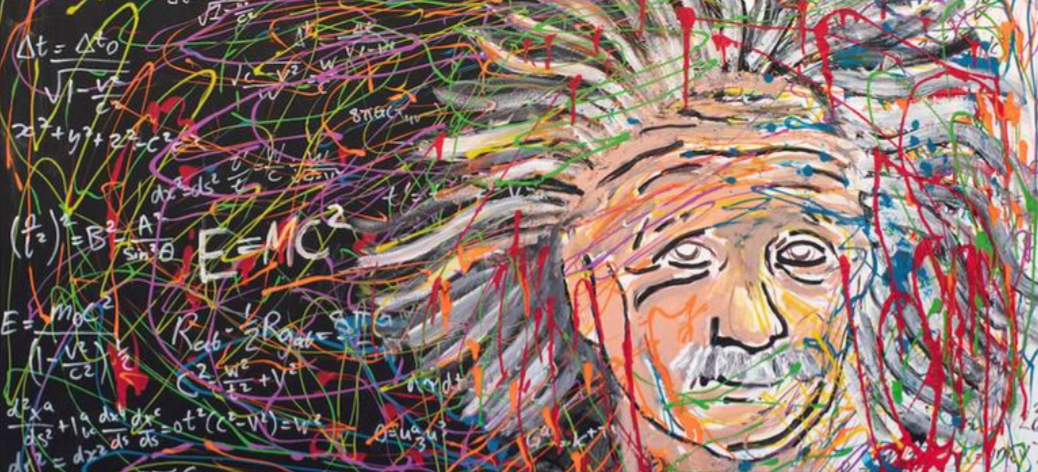
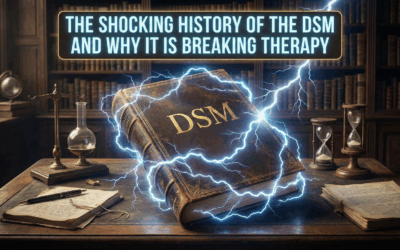


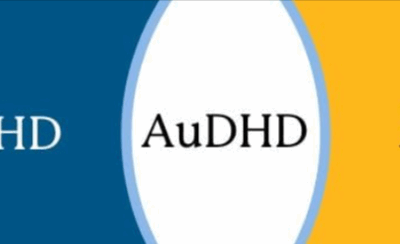
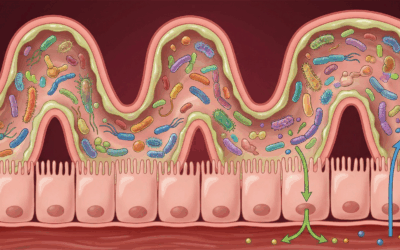
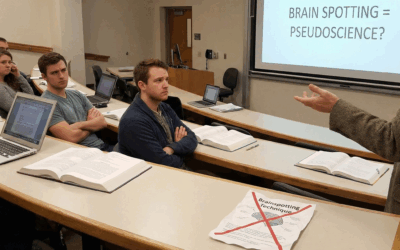
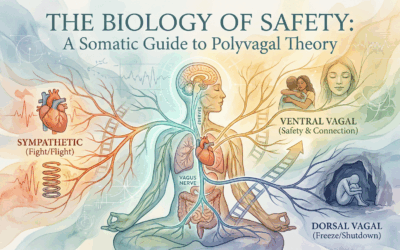
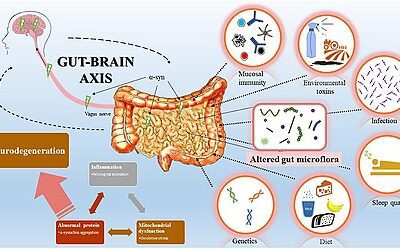



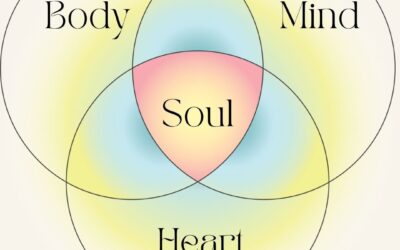





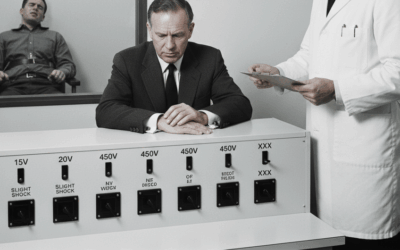
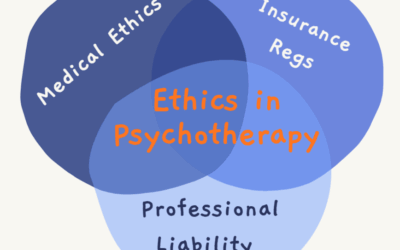
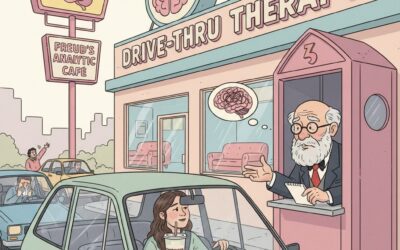





0 Comments